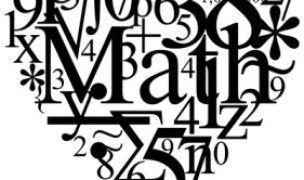 11 Terms
11 TermsHome > Industry/Domain > Biology; Medical > Human genome
Human genome
The human genome consists of 23 chromosome and the small mitochondrial DNA. 22 of the 23 chromosomes are autosomal chromosome pairs and the last one being a gender-determining pair. In total, the human genome contains the sequences of the 3 billion chemical base pairs that make up human DNA and approximately 20,000-25,000 genes. By understanding human genome, scientists are able to develop new medical applications that can significantly advance the state of health care.
Contributors in Human genome
Human genome
frenulum
Medical; Human genome
A connecting fold of membrane serving to support or restrain a part (as the tongue).
epiglottis
Medical; Human genome
1) Thin leaf-shaped cartilage, covered with mucous membrane, at the root of the tongue, which folds back over the entrance to the larynx, covering it, during the act of swallowing. 2) The flap that ...
glycosylation
Medical; Human genome
1) The chemical or biochemical addition of carbohydrate or glycosyl groups to other chemicals, especially peptides or proteins. Glycosyl transferases are used in this biochemical reaction. 2) ...
genetic predisposition
Medical; Human genome
Increased susceptibility to a particular disease due to the presence of one or more gene mutations, and/or a combination of alleles (haplotype), not necessarily abnormal, that is associated with an ...
fungus
Medical; Human genome
A plant-like organism that does not make chlorophyll. Mushrooms, yeasts, and molds are examples. The plural is fungi.
bradycardia
Medical; Human genome
1) Excessive slowness in the action of the heart, usually with a heart rate below 60 beats per minute. 2) An abnormally slow heartbeat; as applied in adult medicine, it is defined as a heart rate ...
Featured blossaries
Karl Schaeffer
0
Terms
9
Blossaries
0
Followers
Mathematical Terms in English, German and Indonesian
 8 Terms
8 Terms

